The magic of Santa Claus is one of childhood’s most cherished traditions. His jolly laugh, flying reindeer, and gift-filled sleigh have brought joy to millions. But behind this beloved figure lies a fascinating tapestry of history, folklore, and culture that even adults might not know.
If you’re curious about the origins, quirks, and untold tales of Santa Claus, this is the perfect read. Just a heads-up: these surprising facts might not be ideal for little ears still captivated by the magic of Christmas!
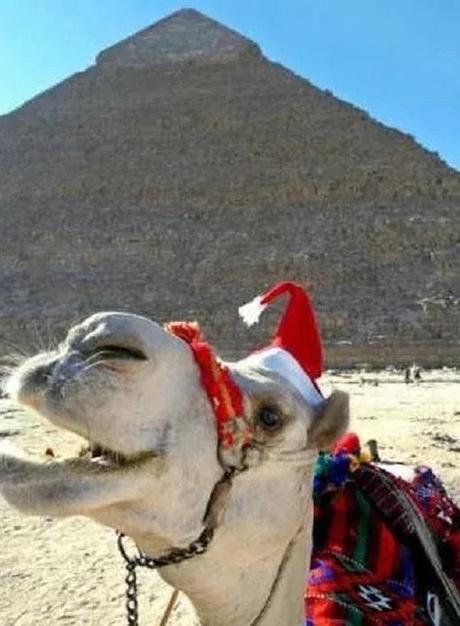
1. Santa’s Roots in Saint Nicholas
Santa Claus owes his origins to Saint Nicholas, a 4th-century bishop from Myra (modern-day Turkey). Known for his generosity, Saint Nicholas was particularly famed for secretly gifting gold to a poor family to save their daughters from a life of hardship. His deeds earned him sainthood and eventually inspired the Santa we know today.
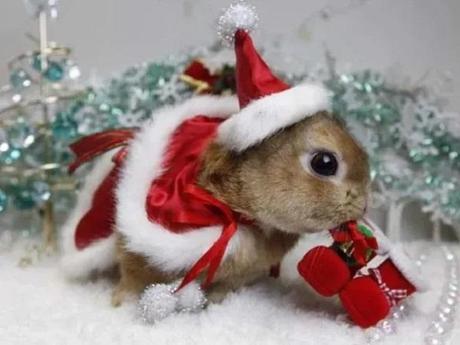
2. The Norse God Odin Inspired Santa Too
Long before Saint Nicholas, Norse mythology featured Odin, a god who rode an eight-legged horse named Sleipnir through the skies, delivering gifts or punishments during the Yule season. Many historians believe Odin’s traits blended into the Santa myth, particularly his flying sleigh and his watchful nature.

3. Santa Didn’t Always Wear Red
Santa’s iconic red suit is a relatively modern invention. Earlier depictions showed him in various colours, including green, blue, and even brown. It wasn’t until the late 19th century that he began to consistently appear in red—thanks, in part, to Coca-Cola adverts that cemented this image in popular culture.
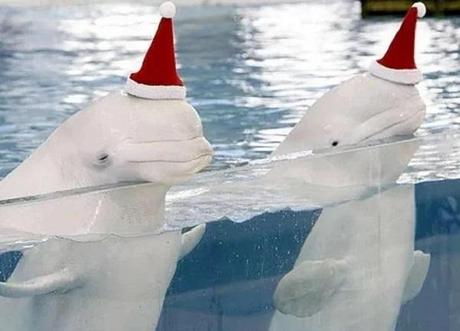
4. Marketing Made Santa Jolly
Santa’s current cheerful demeanour wasn’t always the norm. Early depictions, particularly in 17th and 18th-century Europe, often showed him as a stern and serious figure. The 1823 poem A Visit from St. Nicholas (more commonly known as ’Twas the Night Before Christmas) transformed him into the plump, jolly figure we now adore.
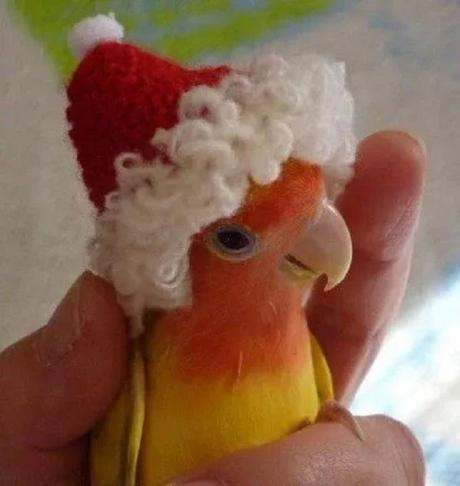
5. Santa’s European Counterparts Are Quite Different
Santa Claus isn’t the only festive figure delivering gifts—or punishments. In some parts of Europe, you’ll find Ded Moroz (Grandfather Frost) in Russia, Sinterklaas in the Netherlands, and Krampus in Alpine regions. Krampus, a terrifying horned figure, is said to punish naughty children—a stark contrast to Santa’s forgiving nature!
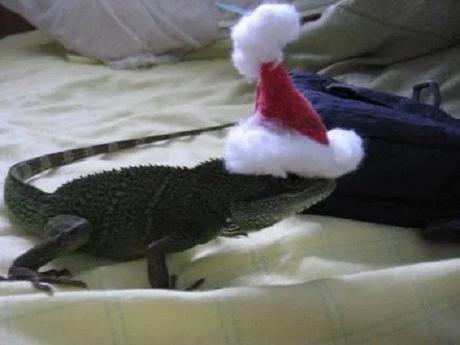
6. The Origins of Santa’s Flying Sleigh
The idea of Santa’s flying sleigh is believed to have originated in 1819, thanks to the imagination of American author Washington Irving. Reindeer became part of the story when A Visit from St. Nicholas named Dasher, Dancer, and the rest of the iconic crew.
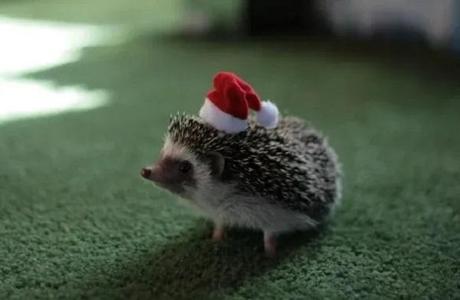
7. Hollywood Shaped Santa’s Modern Persona
Santa Claus as a character has appeared in countless films, from the heart-warming Miracle on 34th Street to the comedic The Santa Clause. These portrayals have added depth to the legend, presenting him as everything from a magical gift-giver to a relatable figure juggling holiday stress.
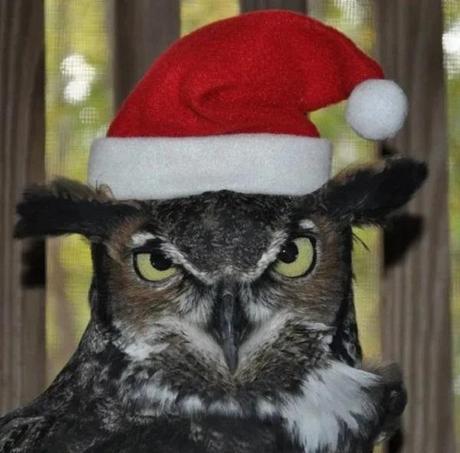
8. Santa Isn’t Without Controversy
While Santa brings joy to millions, he hasn’t been immune to criticism. Some argue that the commercialisation of Christmas has overshadowed its deeper meaning. Others debate whether the “naughty or nice” narrative places undue pressure on children. Even so, Santa remains a symbol of goodwill and generosity.
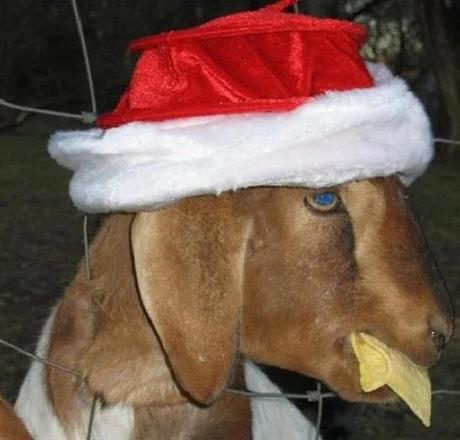
9. Santa’s Physics-Defying Speed
Santa’s ability to visit millions of homes in one night defies all logic. Scientists and mathematicians have speculated that he would need to travel faster than the speed of light to accomplish such a feat. Of course, the magic of Christmas is the only explanation we really need!

10. The Naughty List Has Evolved
The concept of Santa’s “naughty or nice” list likely stems from older traditions where children were rewarded for good behaviour and punished for bad. While today’s list is more symbolic, it originally served as a moral lesson to encourage children to be kind and well-behaved.
Santa Claus is far more than just a jolly man in a red suit. His story is a complex blend of history, myth, and modern culture that continues to evolve. While these surprising secrets may not be suitable for the little ones, they only add to the richness of his legend.
What’s your favourite Santa fact, or do you have your own Christmas traditions that bring the magic to life? Share them in the comments and let’s keep the festive spirit alive!
Happy Christmas, and may your season be as magical as Santa himself.



